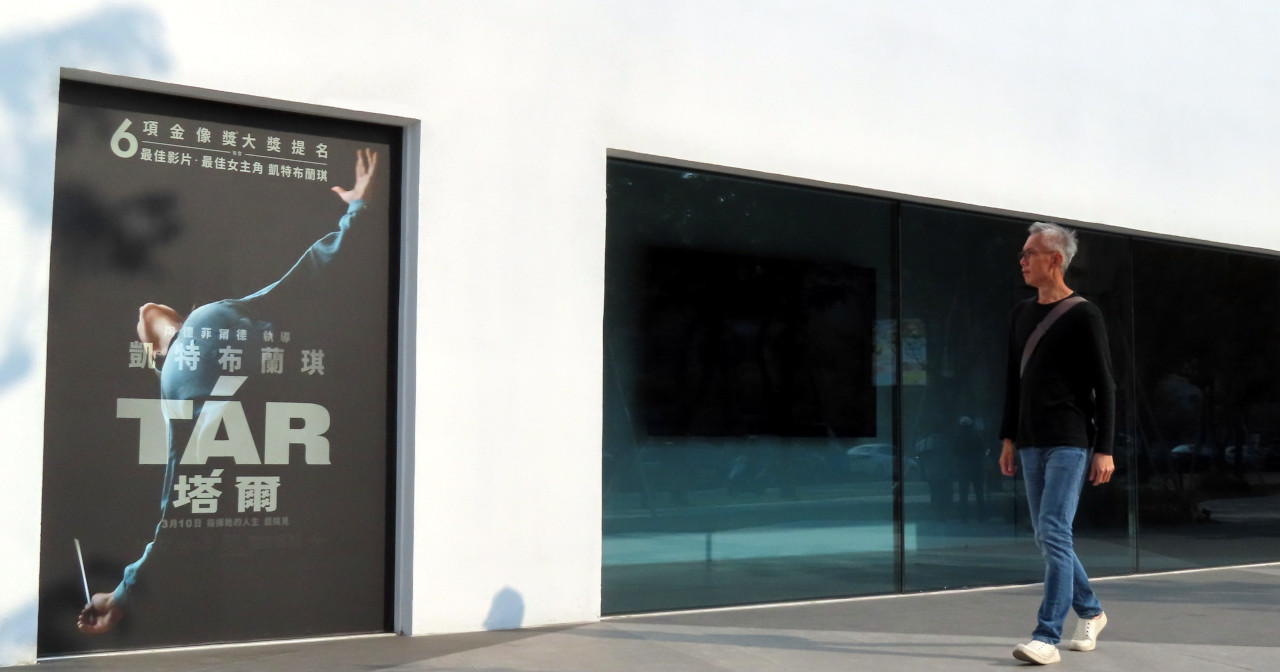Original link: https://taiwan.chtsai.org/2023/06/11/dianying_xinshang/
I have loved watching movies all my life. A discipline of film appreciation was carefully established some twenty years ago. It started out as a teaching requirement for my film class. The so-called teaching benefits each other. Although I haven’t started classes for many years, I still train myself like this to this day.

1. Preparation before watching a movie
The only preparation before watching a movie is to watch the trailer and the basic official information, and only based on these decisions whether to watch or not. Don’t read any movie reviews.
2. Learn to accept and appreciate all kinds of movies
Don’t watch all the same movies, or just watch the movies you “like”. Be as diverse as possible. I learned about a certain movie by chance, watched the basic information, thought it was not too bad, felt strange and curious, so I went to watch it.
3. Be aware of your excessive expectations and prejudices and try to let go
“Don’t” just because the movie won an award, was filmed in a familiar city, adapted from a favorite novel, admired a certain director or actor, or your own attitude towards certain issues… have excessive expectations for the movie, or directly accept or accept it because of this. Turn down a movie. Knowing how to perceive and let go of one’s excessive expectations and prejudices is not easy and requires long-term training.
4. Clarify your experience immediately after watching a movie
After watching it (leave the credits at the end of the credits in your seat, and then it will start) take a little time to settle: clarify your own experience and the relationship between experience and the movie, think about the relationship between the parts of the movie and the whole, and identify what makes the whole of the movie greater than the movie. The main axis or focus of the sum of the parts. Then move on to other things.
5. Identify the main axis of the film and grasp the relationship between the part and the whole
Every movie has a plot, characters, mood, idea and style. One and only one of the dimensions will be the main axis, and the other four dimensions will focus on this main axis. Train yourself to identify the main axis and focus (a bit like a hypothesis test, maybe you have to go through five assumptions for a round to know which one is more suitable; sometimes you need to watch it again to be sure), and you will have a more comprehensive view of the movie.
6. Accept and understand the “uncomfortable” feeling of watching certain movies (if any)
The experience of watching a movie is always constructed by connecting the content of the movie with past experience. Uncomfortable experiences promote this awareness even more. The uncomfortable feeling after watching certain movies has nothing to do with whether the movie is good or bad.
7. Don’t pay too much attention to the difference between the movie and the so-called reality
A movie is a movie, and it doesn’t matter how it differs from the so-called reality (even if it is a so-called “based on real events” movie). A good movie is a universe on screen, where characters, stories, moods, ideas, and styles are self-fulfilling and integrated into a solid whole.
8. Try to see the advantages of the movie
Even after watching a bad movie, try to find its good points. To express publicly, first talk about the advantages, and then express the evaluation euphemistically. It is necessary to consider the ambition of the film itself, rather than evaluating all films with a single high standard.
9. Record and share viewing experience
Before the day of watching the movie is over, jot down your thoughts. It doesn’t have to be a long text. It is usually a short essay on social networking sites ranging from a few tens to a hundred words.
10. Don’t read any movie reviews
I don’t read any movie reviews, either before or after watching the movie. Time is spent focusing on building your point of view. With the accumulation of life experience and movie watching experience, looking back at your past records, you will naturally see progress. If you really need to reconfirm something, watch the movie again in person.
11. Not influenced by friends’ opinions
If I happen to see a friend’s opinion on a movie on a social networking site, I still watch it. But mostly to discover (I wouldn’t have noticed if they hadn’t shared) interesting movies. But will not be influenced by their opinions. I will do my homework again, such as looking up the past works of the director and main actors, and then decide whether to watch it or not.
12. Try not to double swipe
Training yourself is a one-off job, and you must enjoy and analyze it once you watch it.
This article is reproduced from: https://taiwan.chtsai.org/2023/06/11/dianying_xinshang/
This site is only for collection, and the copyright belongs to the original author.